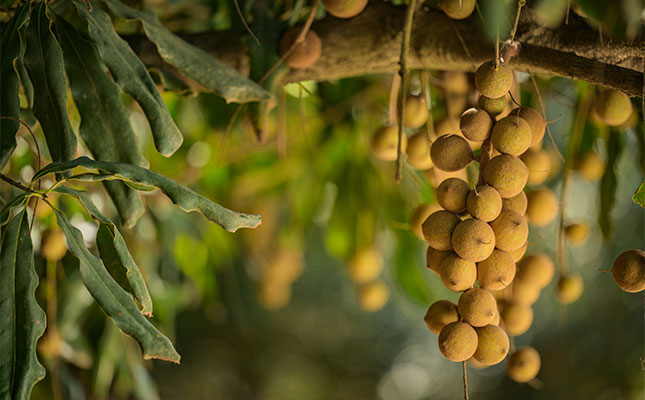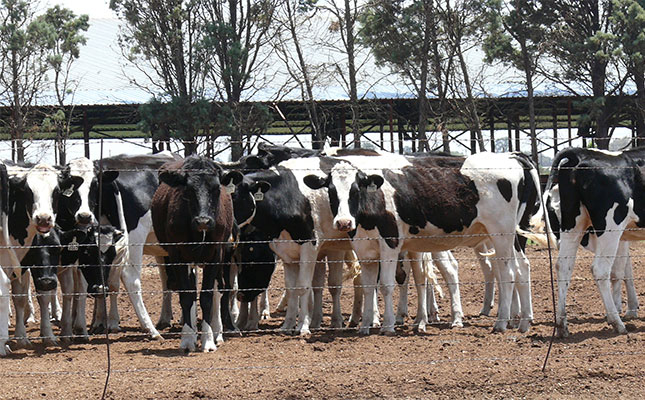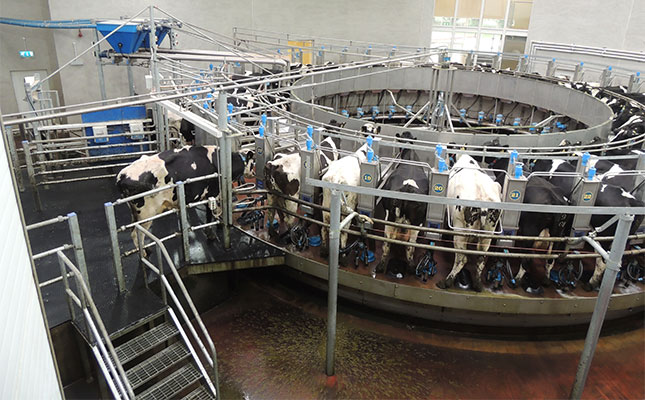
This was the message from researchers at Potatoes SA’s Innovation Symposium, held in Pretoria this week, where universities presented a number of research projects aimed at finding alternative uses for visually unappealing or low-grade potatoes.
According to Dr Hester Vermeulen, agricultural economist and consumer analyst at the Bureau for Food and Agricultural Policy, roughly 5% of potatoes produced at farm level in South Africa are rejected from the formal market due to their appearance, despite being of good internal quality. This equates to around 140 000t of discarded potatoes each year, with an estimated value of R759 million.
Several innovative solutions were presented to upcycle these discarded tubers into high-value products. Tanja du Toit, a food science student at Stellenbosch University, developed gluten-free meals using flour made from potatoes.
“Potato flour is naturally gluten-free, which presents an enormous opportunity for product development, especially using lower-grade potatoes, since the defects in potatoes are masked when they’re made into flour,” Du Toit explained.
While potato flour is already widely used in product formulations as a thickener, its lack of gluten limits its use in baking.
“Gluten, inherent in wheat flour, is essential for providing elasticity and structure in baked goods. Potato flour in baking results in flat bakes that are crumbly. We therefore had to reformulate the flour to find a way to increase the quality of goods baked with potato flour. Enzymatically hydrolysed potato flour overcame this barrier and allowed us to create good-quality bread, muffins, and pancakes,” Du Toit said.
At the University of Pretoria (UP), consumer science master’s student Lerika Potgieter developed three innovative products based on current food trends: a gluten-free beef and potato lasagne, a peanut butter- and potato-based ice cream, and a breakfast pie that could be heated in a toaster. All products were made using low-grade potatoes and tested by 100 consumers.
“Although the frozen dessert had the least initial interest, it was the most liked after tasting,” Potgieter said.
“When consumers were told about the sustainability factor in reducing food waste, their willingness to purchase the products increased significantly. It shows that reducing food waste is becoming an important driver in consumer decision-making.”
She added that the growing market for convenient, gluten-free foods could become a key outlet for surplus potatoes that currently go to waste.
UP researchers also investigated using low-grade potatoes as a substrate to grow edible insects for human consumption.
“Edible insects are seen as a sustainable protein source, producing minimal greenhouse gas emissions and offering high levels of protein, iron, and calcium. With the global edible insect market projected to reach US$8 billion [about R140 billion] by 2030, this could be another avenue for upcycling potato waste,” Prof Yusuf Ahmed explained.
With further research, Potatoes SA said it hoped to turn what was once a loss into a lucrative opportunity, giving unsellable potatoes a second life and helping farmers improve their margins in the process.








